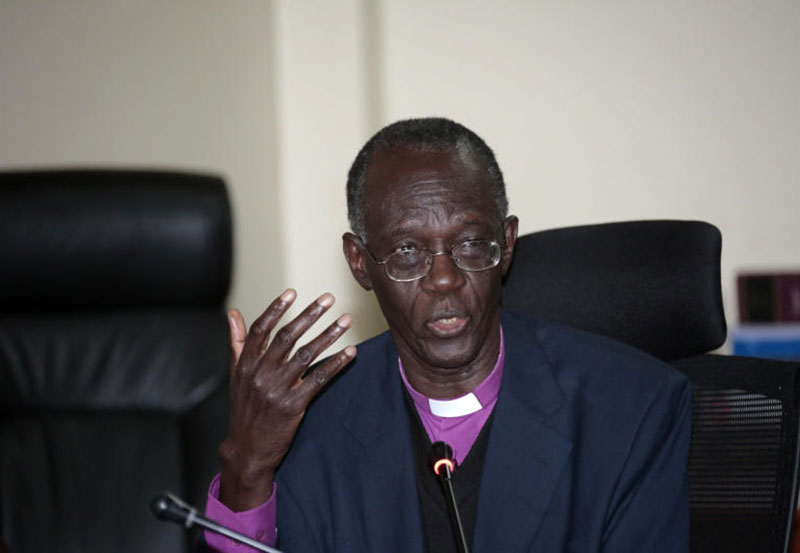×
The Standard e-Paper
Smart Minds Choose Us

National Ethics and Corruption Survey by EACC shows Interior Ministry as most prone to corruption followed by Health and Lands Ministries.
The Interior and Coordination of National Government Ministry was leading at 64.7 percent, Health (27.8) and Land, Housing and Urban Development (23.9).